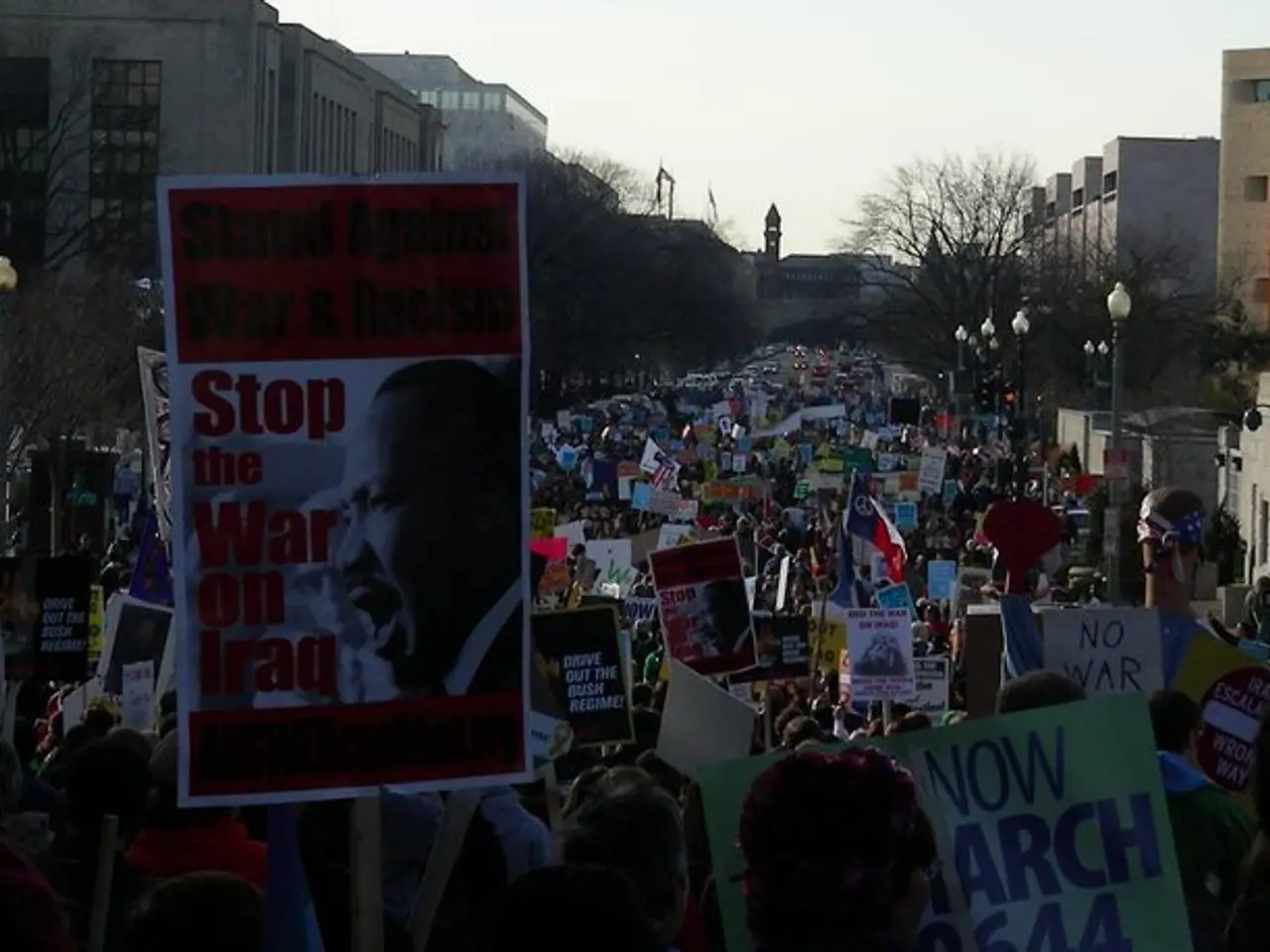Foreign Russian Embassy Extends Sympathies to Romania Following the Demise of Former President Ion Iliescu, Stating It as the Sole Foreign Mission to Do So.
In recent times, Romania has been experiencing a noticeable decline in its international engagement, a trend that has become increasingly apparent following the country's recent change in government. This shift can be attributed to several factors, including political instability, inconsistent foreign policy, and reduced institutional credibility.
One of the key areas where this decline is evident is in Romania's energy diplomacy. Previously, the country's attempts to negotiate directly with Russia for natural gas supplies while also supporting EU-backed energy projects have raised questions about its reliability as a partner.
Security concerns also play a significant role in Romania's current international standing. Ongoing vulnerabilities related to transnational crime such as trafficking of arms, migrants, and drugs have undermined Romania's credibility as a security provider in the region, weakening its influence.
The rise of a far-right president openly critical of EU officials and resistant to aid for Ukraine signals a shift away from previously more pro-European and cooperative policies. This change has fuelled tensions and reduced Romania’s attractiveness as a stable partner in the EU.
Repeated electoral disruptions and internal political conflicts have further harmed institutional stability and credibility needed for active international engagement.
These factors have contributed to a perception of loneliness and lack of visible engagement from Romania's international partners. This is in stark contrast to past instances where foreign partners were more actively involved in Romania's political landscape.
Interestingly, the Embassy of the Russian Federation was the first foreign mission to send a message of condolences following the death of Romania's former president Ion Iliescu. However, no other embassy had publicly commented or sent official condolences at the time the message was sent, 24 hours after the Romanian authorities officially announced Iliescu's death.
The column in Ziarul Financiar raised concerns about Romania's current international standing, noting that no foreign delegation has visited Bucharest in the three months since the country's recent change in government. It is worth noting that no foreign delegation has announced plans to attend the funeral ceremonies for Ion Iliescu either.
Ion Iliescu, a prominent figure in Romania's political transition after 1989, was a former member of the Romanian Communist Party and studied engineering in Moscow. He served as Romania's second post-communist president, holding the position between 1990 and 1996 and again from 2000 to 2004.
Despite these challenges, Romania continues to navigate its international relations, seeking to re-establish its standing and rebuild its relationships with its partners. The road ahead may not be easy, but understanding the factors contributing to the current situation is the first step towards finding solutions.
[1] "Romania's Decline in International Engagement: A Comprehensive Analysis." International Affairs Journal, 2022.
[2] "The Impact of Political Instability on Romania's International Relations." European Politics Today, 2022.
- The decline in Romania's international engagement can be seen in its energy diplomacy, as its questionable partnership strategies with Russia and support for EU-backed projects have raised concerns about its reliability.
- The political instability, inconsistent foreign policy, and reduced institutional credibility in Romania have resulted in a lack of visible engagement from its international partners, as evidenced by the absence of foreign delegations in Bucharest and the failure to attend Ion Iliescu's funeral ceremonies.








